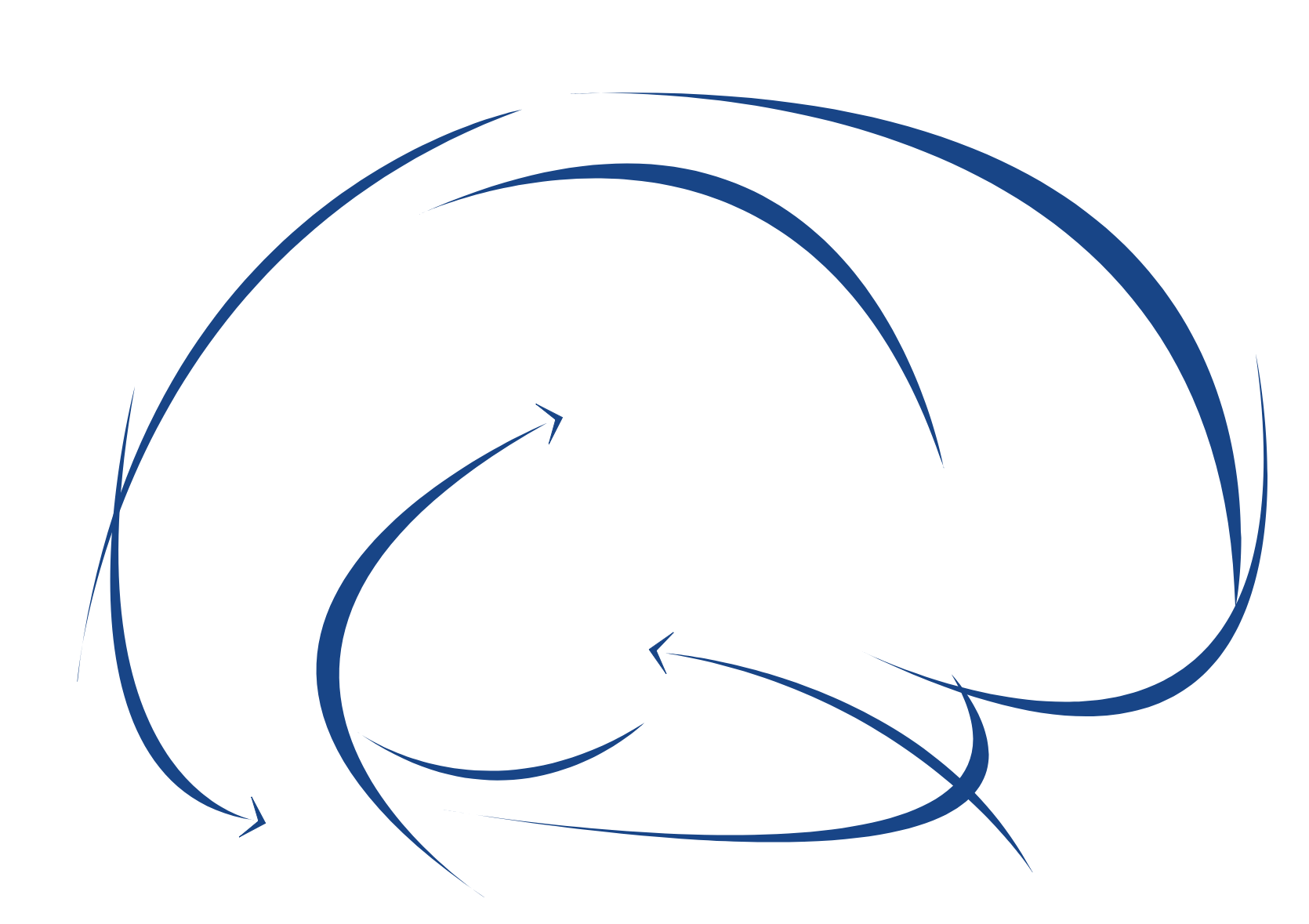Talk of Theresia Arbring Sjöström February, 8 at 4pm:
Title: Organic Electronics and Iontronics for brain tissue interfaces
The study of the brain and its communication relies on reliable electrical, optical, and chemical tools to sense and manipulate electrical and chemical signals. For effective interfacing between these tools and brain tissue, the material properties of the tools are vital. A promising class of materials for this purpose is organic conductors, valued for their mechanical characteristics and both electronic and ionic conductivity. The development of tools for chemical stimulation is particularly challenging, lagging behind its electrical counterparts. I will present an overview of Organic Bioelectronics in general, zooming in on our work with iontronic devices for chemical stimulation. We will discuss the key features of ionic conductors and iontronic devices, their on-demand functionality, and spatiotemporal resolution. I will also exemplify how these attributes contribute to high precision in a range of different applications, from single-cell stimulation via fast neurotransmitter release, to targeted tumor interventions using controlled chemotherapeutic delivery. I will also briefly address the use of numerical models to optimize and predict outcomes across this very intriguing device-tissue interface.
